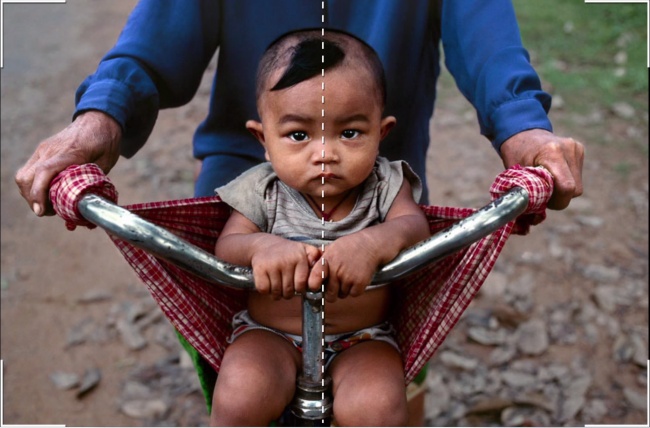There’s no easy way to produce a photographic masterpiece. However, there are certain rules which can bring you closer to one. Steve McCurry, an acknowledged genius behind the lens who has worked for National Geographic and who took the famous ’Afghan girl’ photo, knows them all. Using examples of his own work, he demonstrates that, provided you stick to the fundamental principles of composition, you can take a beautiful shot easily enough.
- The complete Seoul subway guide: How to use, lines, fares for First-Time Riders
- How much does it cost to travel to Korea? Tips on how to travel to Korea on a budget
- The ultimate guide to NETS FlashPay Card: What is it, how to use, where to buy, what can it be used for?
- How much will it cost to go to Singapore? Tips on how to visit Singapore on a budget
- JR Rail Pass Guide. All things you need to know, how to buy, how to use along with Japan Rail Pass FAQs
Bright Side publishes 9 Steve McCurry photography tips to help you significantly improve your camera skills.
1. The rule of thirds
Place important parts of the shot along lines, and the most important parts at the points where these lines intersect.

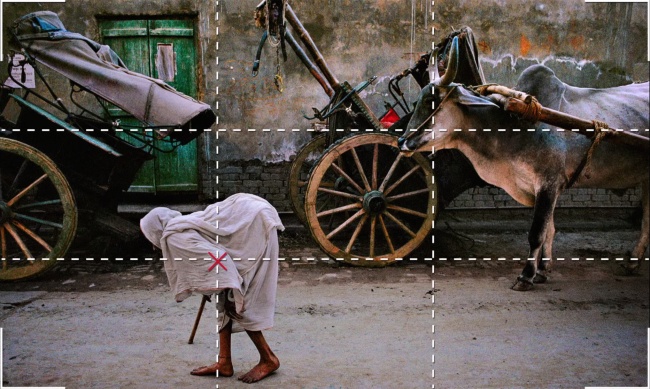
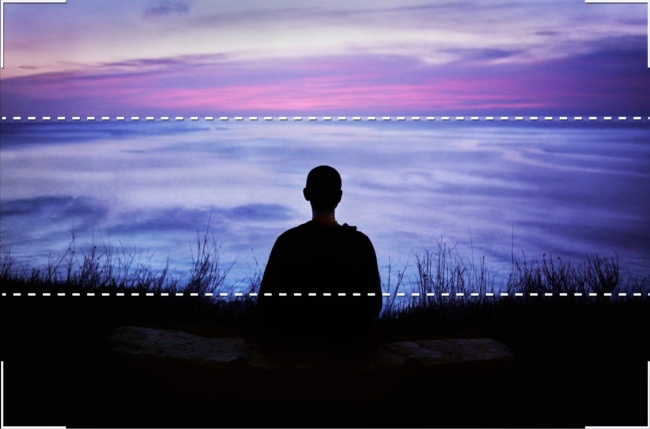

2. Leading lines
Use the natural lines available in the shot to focus the attention of the viewer.

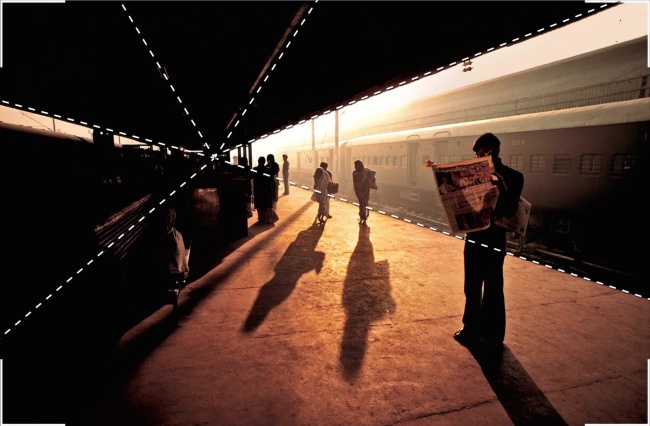
3. Diagonal lines
Correctly chosen diagonal lines give dynamism to the picture.

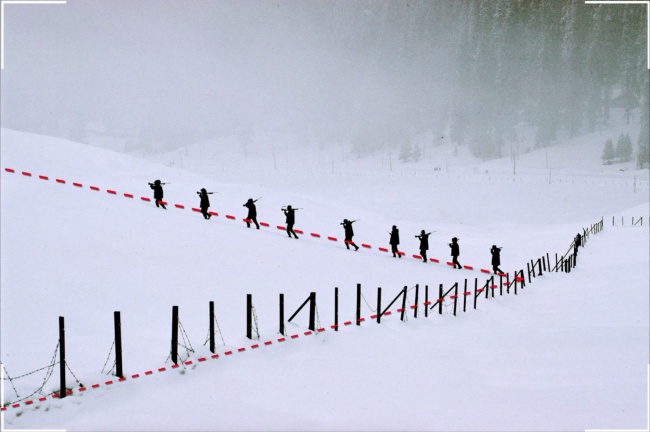
4. Framing
Make use of natural frames and borders in the shot, such as windows and doors.

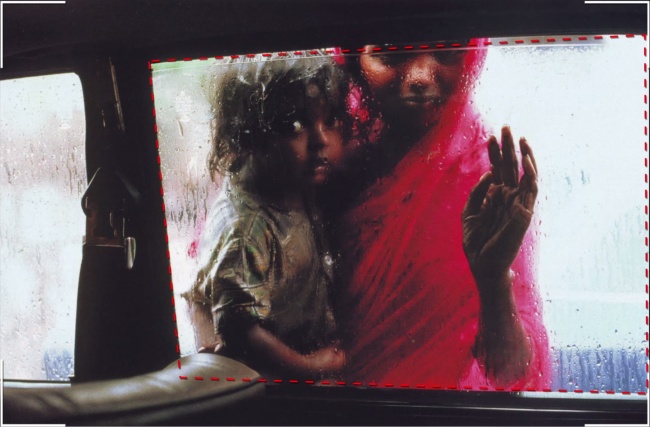
5. Figures vs. background
Find the contrast between the object of the photo and the background.

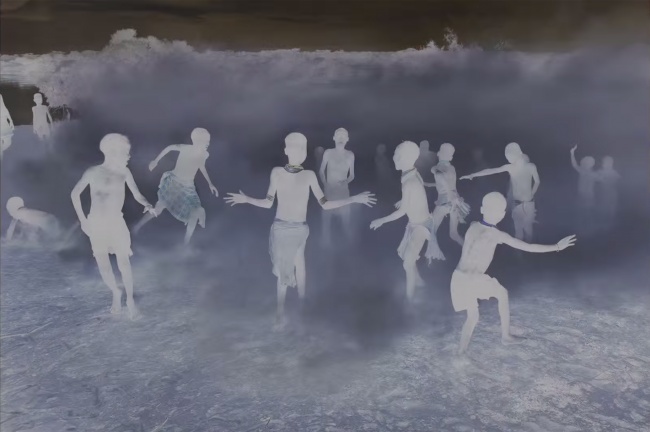
6. Fill the frame
Get up close to the person you’re taking a shot of.

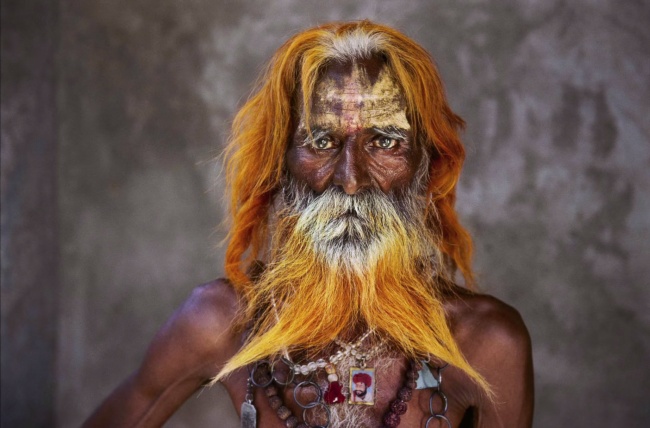
7. Dominant eyes
Place the right or left eye at the centre of the composition. This gives the impression that the subject’s eyes are following you.
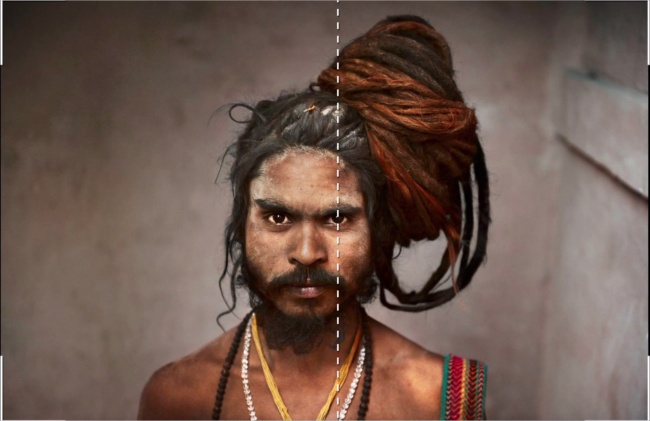

8. Patterns and repetition
It’s certainly pleasant to observe patterns in a photo. But it’s even better if patterns are interrupted — this gives some contrast to the shot.



9. Symmetry
The harmony between two halves is always pleasing to the eye.
